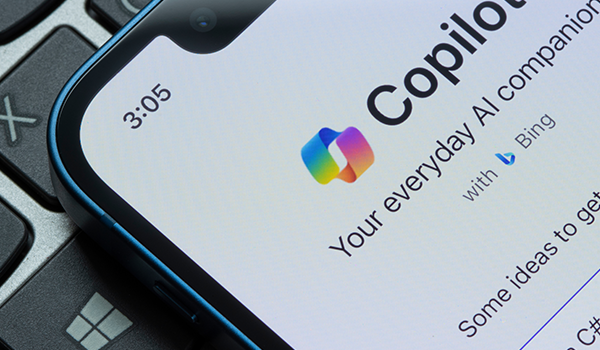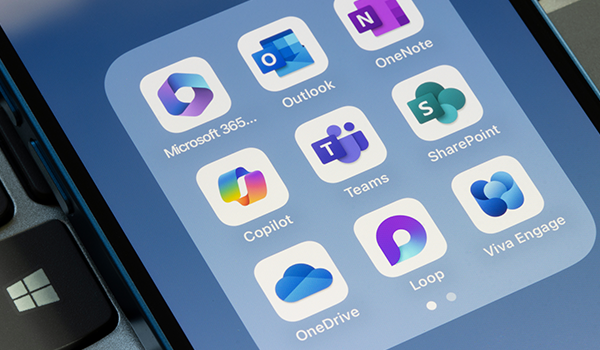Even before travellers set foot in an airport, their smart phones send alerts about traffic conditions, expected flight delays, weather conditions, the exchange rate, and they can get navigational assistance to their hotel. All of this is achieved by the digital assistant on their smartphones – a device that is so intimately involved in their daily lives, that they cannot go without it.
Personalised CX has nowadays become a baseline expectation. Google, Apple and Facebook users already enjoy personalised CX. Google reads emails and recognises flight and hotel bookings. It searches the addresses of both airports and hotels and compare this with real-time traffic data. It looks up travellers’ flight status on the vendor’s website, it checks the exchange rate with a banking service, and it then checks real-time weather data for good measure. The most impressive part of all – it’s all proactive. Users don’t need to ask for help. Google identifies what information would be timely and priorities it ahead of the usual background noise.
Unfortunately, some organisations are not as advanced in creating a personalised CX. For example, customers may still end calls with a feeling lingering dissatisfaction. When they call in, they would have to provide their 16-digit customer number. Since they’re calling from the phone number registered to their account this may be redundant. They could then be asked what kind of product they’re calling about and have to listen to a long list from which to select a product.
Instead, the service provider could have utilised existing data on previous sales to interact with the customer. This is an opportunity to make the customer’s call easy and demonstrate that they care about CX, but they missed the opportunity. Realistically not every company is Facebook or Google. Not every company has access to the cache of personal data the internet giants do. However, organisations need to acknowledge that there’s a stark contrast between the ‘new normal’ customers experience daily on their mobile phones, and the traditional CX still offered by established providers and those yet to optimise their digital business.
Like it or not – customer expectation is being defined by pure digital experiences. If organisations don’t do everything in their power to offer personalisation to customers, they may end up losing business.




